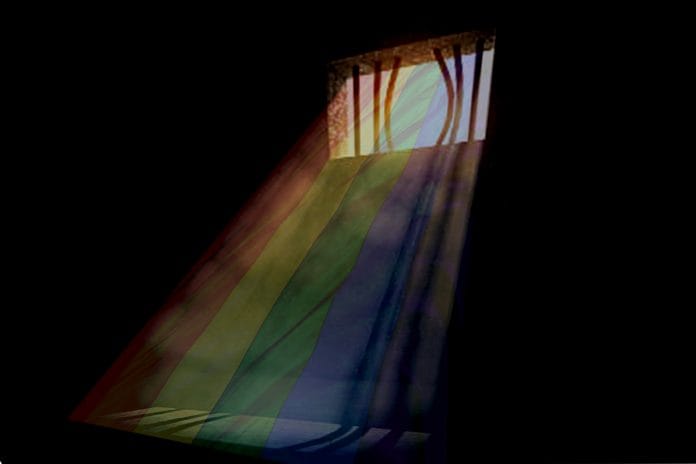In unanimous judgment, Supreme Court decriminalises homosexuality under Section 377 of the Indian Penal Code.
New Delhi: In a landmark judgment, the Supreme Court Thursday decriminalised homosexuality under the controversial Section 377 of the Indian Penal Code, calling the law “irrational, indefensible and manifestly arbitrary”.
The judgement undoing the 157-year-old Colonial era law was delivered by a five-judge Constitution bench, headed by Chief Justice of India Dipak Misra. In all, there were four concurring judgments.
“The LGBT community possess equal rights under the Constitution,” said the CJI.
“We have to vanquish prejudice, embrace inclusion, and ensure equal rights,” Misra added.
The verdict came on a batch of appeals filed by prominent personalities including Sangeet Natak Akademi Award winning dancer Navtej Singh Johar, journalist Sunil Mehra, chefs Ritu Dalmia and Ayesha Kapur, Neemrana hotels chain founder Aman Nath and hotelier Keshav Suri.
The original petition, which was filed in 2016, was clubbed with another plea filed by Suri in January. These petitions were heard in the light of the Supreme Court’s August 2017 privacy verdict in which it had upheld citizens’ fundamental right to privacy.
Also read: One year later, how has the fundamental right to privacy changed our world?
“Discrimination against an individual on the basis of sexual orientation is deeply offensive to the dignity and self-worth of the individual,” the court had said in 2017. “Equality demands that the sexual orientation of each individual in society must be protected on an even platform.”
A five-judge Constitution bench comprising CJI Misra, along with justices Rohinton Nariman, A.M. Khanwilkar, D.Y. Chandrachud and Indu Malhotra began hearing the matter on 10 July, which concluded a week later.
During the hearings, the court had noted that the stigma against the LGBTQ community would go once the criminal tag against the offending Section 377 of the IPC is removed.
Also read: SC has come a long way since 2012 when it sought explanations for MSM & carnal intercourse
“Over the years, we have created an environment in the Indian society which has led to deep-rooted discrimination against people of same sex involved in a consensual relationship and this has impacted their mental health also,” the bench had observed during the hearing in July.
Through the combined plea, the petitioners sought to assert their choice of sexual orientation by relying on their right to privacy. They sought the quashing of Section 377 that criminalises gay sex and their right to choose their sexual partners.






